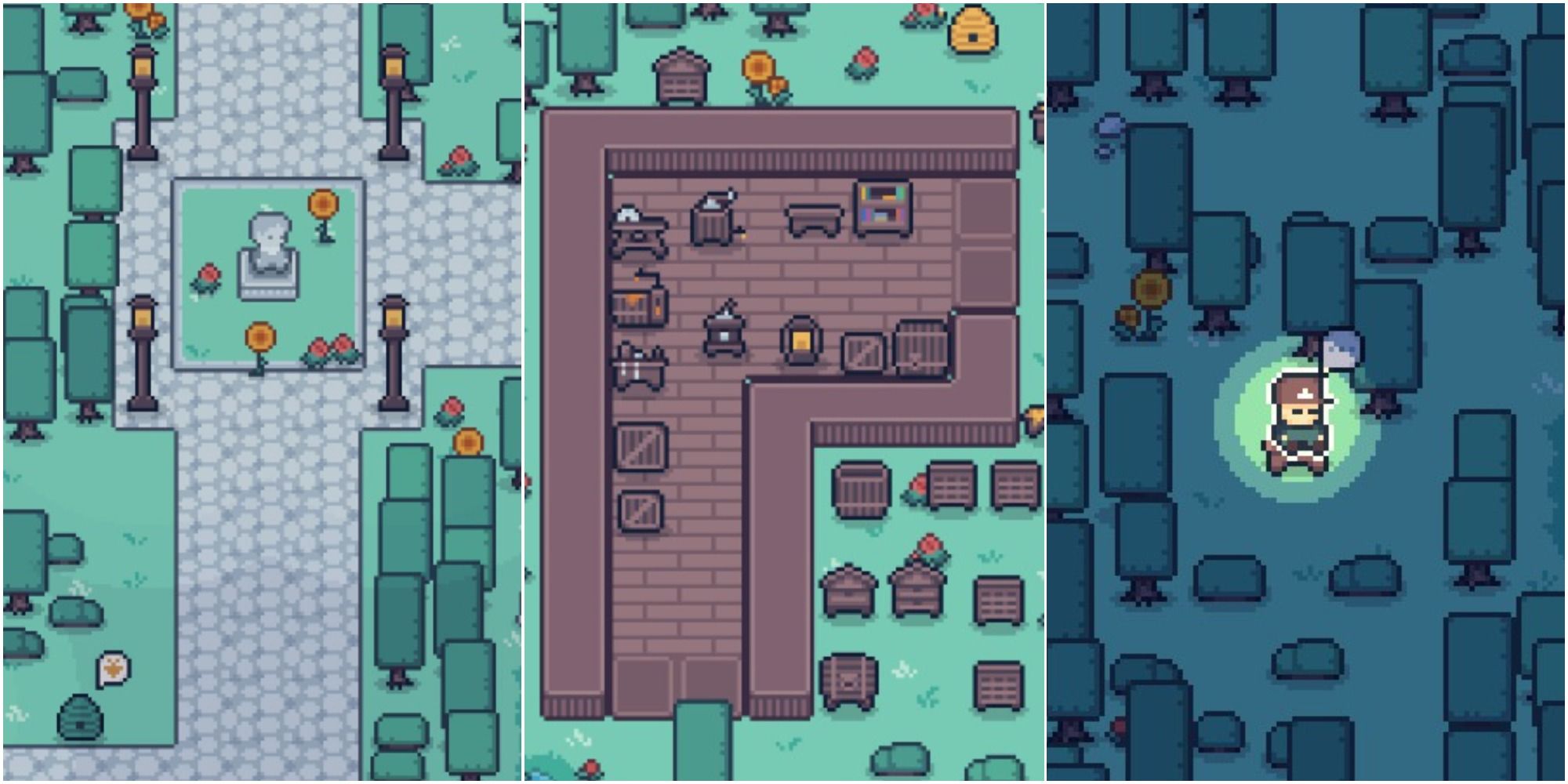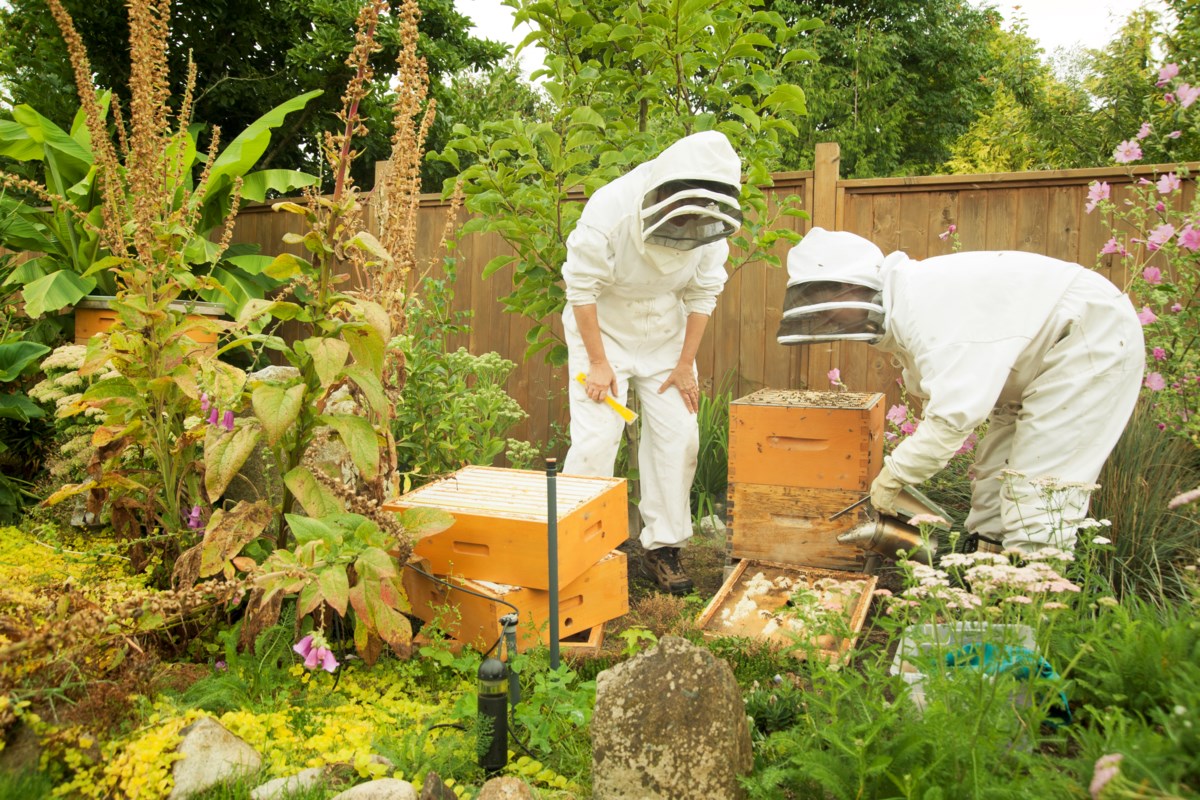GARESNICA, Croatia, September 24 (Reuters) – A family in Croatia has opened a “bee hotel” offering productive beehives for sale to customers who want to keep bees but lack the time or space to care for them. tiny pollinators themselves.
Domagoj Balja says the company is responding to the growing curiosity of buyers of its honey about how it is made, at a time when beekeeping is suffering from a global decline in bee populations.
At agricultural fairs, said the farmer, “we have so often been asked: ‘Is your honey really homemade?’ … As experienced beekeepers, we felt a little upset, even offended. . “
“Then my wife and I came up with the idea of letting people learn how it works by having their own beehives,” said Balja, whose family has spent decades raising bees.
The family, from the town of Garesnica in northeastern Croatia, are offering people wishing to have their own homemade honey a three-year contract worth 2,500 kuna ($ 391.32).
“They can buy a beehive from us which we then take care of, and during those three years half of the honey production goes to them,” he said. “We jointly collect the honey from the hive. At the right times, a hive can produce around 30 kilograms of honey (per year),” Balja said.
Twenty-five clients currently own bees on the farm. While most are from Croatian cities, some are from further afield, including a pilot from Dubai and a football coach from Jeddah.
“This aspect of our job isn’t really about racking up profits, it’s about teaching people beekeeping,” said Balja, who aims to have 40 “hotel” clients eventually.
Owners can take their hive elsewhere after three years, although it is not easy to find another location.
Nena Salopek bought a beehive last year and harvested four kg (9 lbs) of honey for herself. It’s “a perfect taste,” she said, although she worries about the effect of climate change on bee productivity.
Vital for plant fertilization, bees are threatened by human activities, including the use of pesticides and fertilizers, as well as by climate change.
Balja said this has been the worst year for honey production in decades, after snow and frost in the spring. “In the spring, we had to feed the bees so that we didn’t starve, which had never happened to us before,” he said.
($ 1 = 6.3887 kuna)
Reporting by Antonio Bronic and Igor Ilic, editing by William Maclean
Our Standards: The Thomson Reuters Trust Principles.
 Xoven Agricultor
Xoven Agricultor



